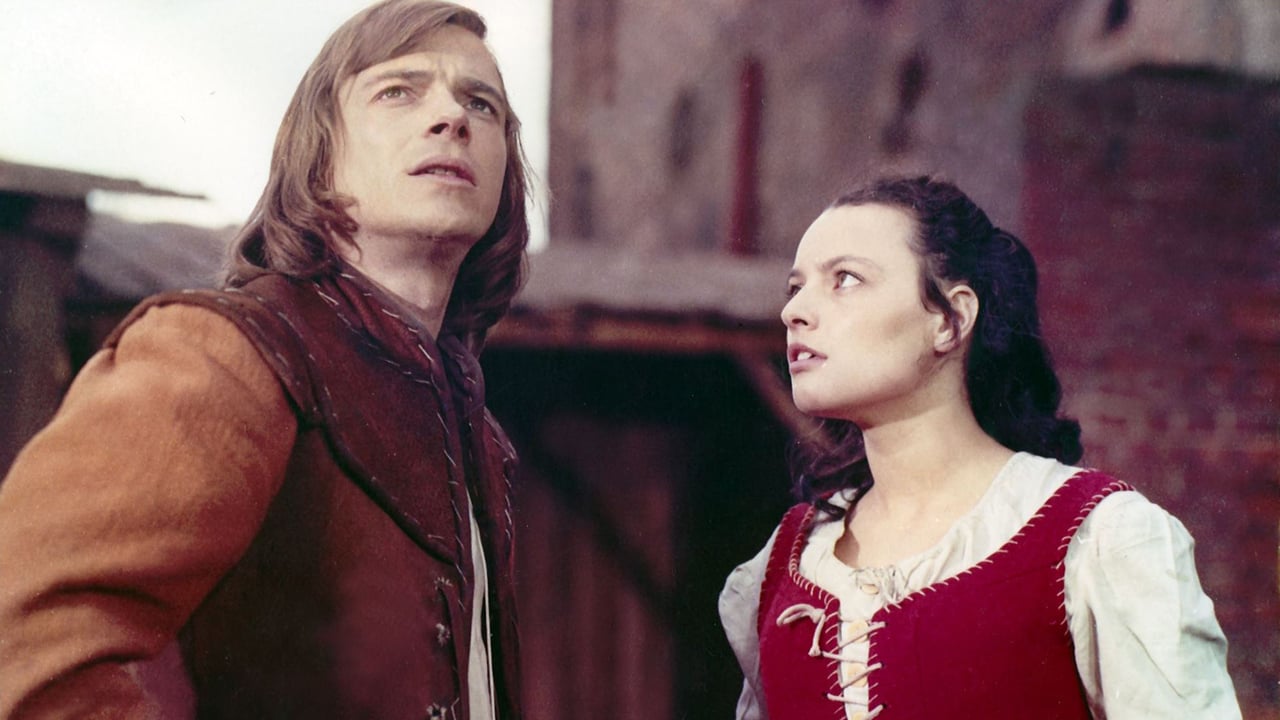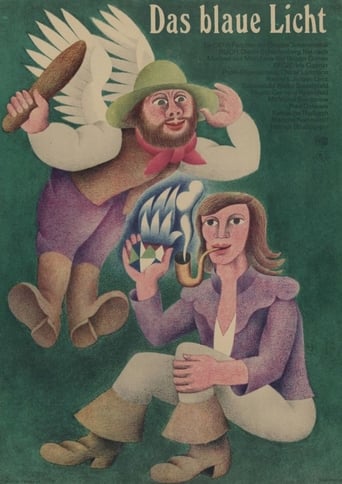



Very well executed
disgusting, overrated, pointless
All of these films share one commonality, that being a kind of emotional center that humanizes a cast of monsters.
View MoreThe tone of this movie is interesting -- the stakes are both dramatic and high, but it's balanced with a lot of fun, tongue and cheek dialogue.
View MoreHans: "Well, it's a kind of light, a light, you know, well, a light just as a light is a light, yes, at night when the moon doesn't shine."A soldier called Hans fought in a war and sustained a leg injury. He has been sent away by the king without pay. The blue light is a crystal that (you've guessed it correctly ;) shines blue. Will Hans be able to use it to take revenge on the king?I've read two versions of the fairy tale that this movie from the former GDR is based on: the version published in the first edition of 'Grimm's Fairy Tales' (1815) and the version from the seventh (the final edition approved by the authors). I liked the first version better. It's sparser; not every detail is spelled out, so you have to use your own imagination to flesh out the story. Also, it's a little more brutal. The later version seems to have been bowdlerized a bit. If you're fluent in German, you might want to try to find it online; both versions are (currently) available at Wikisource. An English translation of 'Grimm's Fairy Tales' is (currently) available at Project Gutenberg.The movie is a quite free adaptation of the tale. It could have been nearer to the original but at least it's stated in the main titles that it is a free adaptation. I think it's good that the filmmakers are honest about that. In the movie, Hans is a young soldier, not an old one like in the tale. It's not specified in the original story what the blue light is; probably it's a kind of will-o'-the-wisp. In the movie it's a crystal. There are some additions to the plot, which are necessary to have enough material for a feature film. Most of these additions are thought out well in my opinion. For example, the passage in the king's castle is much longer, and they added some little jokes to it that I liked. The final passage, though, could have been closer to the original. I think they wanted it to be less brutal to make it more suitable for young children. But I didn't mind that very much, seeing that young children are obviously the target audience. The ending has been changed, probably to make the story look less monarchistic. This is probably due to the fact that the movie was made in the (back then) communist part of Germany. But I didn't mind this change very much, either. To my taste the ending is still good.Anyway, the core of the tale is there, and that's what's most important in my opinion. Hans wants to get revenge because the king has wronged him. The king owes him his pay, and some respect. But Hans must not rely solely on the magic powers of the blue light and he must not exaggerate his revenge. He has to be careful and he has to use his brains if he wants to get what's due to him.Apart from the plot: I didn't like the music very much. I think it could have been better. But I liked the sets and the costumes, and the actors did a good job, too.Conclusion: there are fairy tale movies from the former communist bloc that I liked better than this one, especially 'Tri orísky pro Popelku' (1973). (I think that it's more charming and that the music is much better.) And 'The Blue Light' could have been closer to the original fairy tale. But I still enjoyed this adaptation. If you like the genre, see for yourself if you enjoy it, too.
View More